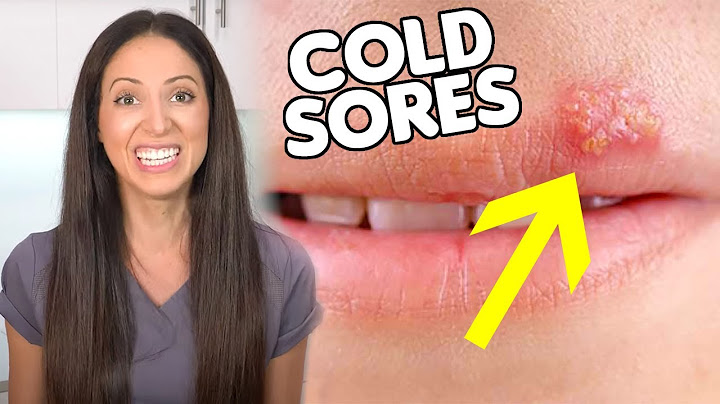Show Feeling Sick?If you are experiencing any of these symptoms, consider the following options:
When to Seek Emergency Medical AttentionLook for emergency warning signs* for COVID 19:
If someone is showing any of these signs, call 911 or call ahead to your local emergency facility. Notify the operator that you are seeking care for someone who has or may have COVID-19. *This list is not all possible symptoms. Please call your medical provider for any other symptoms that are severe or concerning to you. Sore throats are common and not usually serious. Most people will have at least 2 or 3 every year. Children and teenagers are more likely to get sore throats than adults. Most sore throats will clear after a few days without the need for medical treatment. After a week, almost 9 in 10 people will be well again. Sore
throats are common and not usually serious. They are usually a symptom of a viral infection. Most sore throats are caused by a virus so antibiotics won't help. Symptoms include: You may also have a runny or blocked nose, sneezing, fever and a tickly cough. Sometimes your voice may get hoarse. Most sore throats are caused by a virus. Viruses cause tonsillitis and laryngitis. Sometimes sore throats they can be caused by bacteria (strep
throat). With bacterial infections, you will usually feel sicker and take longer to get better. Your immune system may clear the strep throat or you may need an antibiotic. About 8 out of every 10 sore throats will get better without antibiotics. Over-the-counter painkillers can usually relieve the symptoms of a sore throat. For babies and children, encourage them to drink water, juice or milk. Breastfeeding or bottle-feeding your baby will help ease their sore throat and will help keep them hydrated. For younger children, an ice cube or a frozen juice cube can be soothing to suck on. It can also help to keep them hydrated. Talk to your pharmacist to get advice about pain relief for your child's sore throat. Try to avoid hot food and hot drinks as this could irritate your throat. Eat cool, soft food and drink cool or warm (not hot) liquids. To help relieve the pain and discomfort of a sore throat, it can help to use: You can buy these from a supermarket or from a pharmacist without a prescription. AntibioticsGPs do not usually prescribe antibiotics for sore throats. This is because antibiotics will not usually relieve pain or help your symptoms. They won't speed up your recovery either. Your GP will only prescribe them if they think you have a bacterial infection. When to get helpUsually, you do not need to contact a GP or attend the emergency department, if you have a sore throat. Non-urgent advice: Contact your GP if:
A severe or long-lasting sore throat could be something like strep throat (a bacterial throat infection) or tonsillitis. If you still have a sore throat after 2 weeks, it’s best to get it checked. When to go to your emergency departmentGoing back to work or schoolDo not go to work or send your child to school or creche with an infection. You can go back to work, school or creche when your symptoms have been gone for 48 hours. Content supplied by the NHS and adapted for Ireland by the HSE
 Page last reviewed: 13 June 2019 |

Advertising
LATEST NEWS
Advertising
Populer
Advertising
About

Copyright © 2024 ihoctot Inc.














